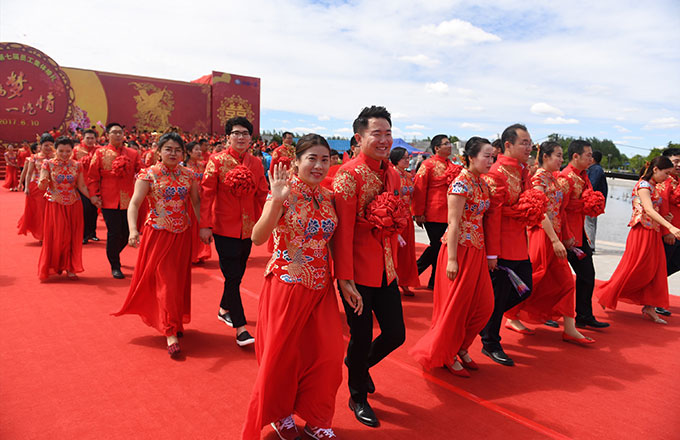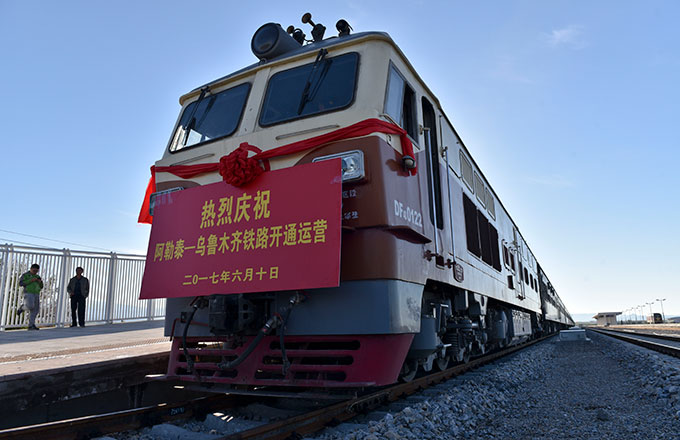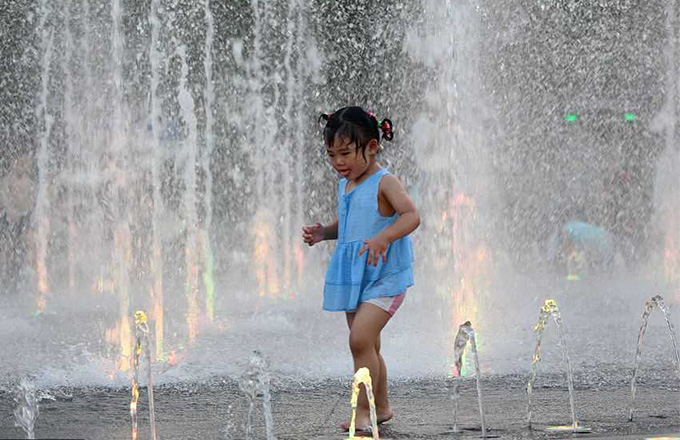Feb 11,1967: The State Council addresses rural development and business
Feb 11 and Feb 16, 1967: The "Huairentang Event"
On Feb 11 and Feb 16, 1967, a brief meeting was held in Huairentang by Zhou Enlai and a number of Politburo members, including Tan Zhenlin, Chen Yi, Ye Jianying, Li Fuchun, Li Xiannian, Xu Xiangqian and Nie Rongzhen. They expressed strong dissatisfaction with the "Cultural Revolution". They questioned whether the "cultural revolution" needs Party leadership, whether the "cultural revolution" should knock down old cadres, and whether the "cultural revolution" should maintain military stability. On the night of Feb 16 -- under the planning of Jiang Qing, Zhang Chunqiao, Yao Wenyuan -- Wang Li presented a report of the Huairentang Meeting of Feb 16 to Mao Zedong. On Feb 19, Mao Zedong convened a meeting to severely criticize the old comrades, and stressed that the "cultural revolution" should not be denied. From Feb 25 to March 18, the Central Political Bureau convened seven critical meetings on political life, which Zhou Enlai was forced to review. This was called the "February Adverse Current". The Central Political Bureau was forced to stop the activities of the old cadres, and the Central Cultural Revolution Group replaced the functions of the Central Political Bureau.
Feb 11, 1967: The State Council addresses rural development and business
The State Bureau issued a notice that stated that, with the rapid development of rural commodity production and commodity exchanges, it is imperative to reform the rural commodity circulation system. The main contents of several "trial stipulations" within the notice were: (a) to implement a variety of business forms, a variety of management methods, a variety of distribution channels, and to change the practice of excessive control, exclusive dealing and single channels; (b) reasonably set up wholesale institutions, do well in the acquisition of agricultural and sideline products and industrial products to rural areas, and solve farmers' difficulties in selling and buying; (c) speed up the pace of structural reform on supply and marketing cooperatives; (d) establish a business and enterprise contract responsibility system, and improve economic efficiency; (e) appropriately adjust policies related to the reform of rural business systems; and, (f) devise the methods and procedures for reform.
- China issues guidelines to develop 'all-for-one' tourism demonstration zones
- Torrential rain triggers disaster in Southwest China
- Harvest time for wheat reapers in Shanxi
- Over 200 couples marry in Changchun group wedding
- Calligraphy tops other icons of Chinese culture, WeChat data shows





















